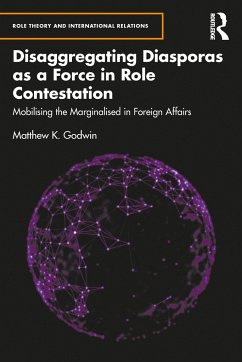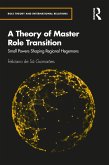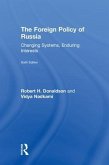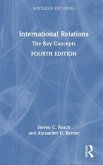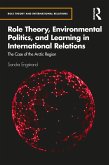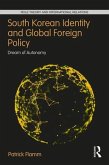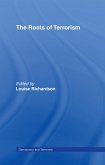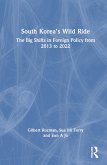Using a Role Theory lens, this book investigates Tamil diaspora mass movements and interest groups as marginalised forces of domestic foreign policy influence. Until now Role Theory has not considered diaspora mass movements as collective action actors, nor looked at how marginalised diasporas influence elite foreign policy decision-making. Matthew K. Godwin employs a comparative, micro-level decision-making narrative that looks incisively at decisions faced by the British and Canadian governments in 2009 and 2013 towards the Sri Lankan civil war and its aftermath. Through qualitative, elite-level interviews and content analysis of other primary source data, Godwin convincingly argues that when diaspora interest group elites are leveraging the power of mass movements in concert with credible partisan advocates, they can influence role contestation. However, international institutional constraints on role behaviour may stymie their preferred role performance, especially if states are indispensable to the institutions their behaviour may unravel. Ultimately, Godwin concludes that some states can't behave "badly," even when they want to. This book will be of interest to students and researchers of lnternational Relations, Foreign Policy Analysis, Comparative Politics, Migration Studies and to non-government organisations who seek to influence governments.
Hinweis: Dieser Artikel kann nur an eine deutsche Lieferadresse ausgeliefert werden.
Hinweis: Dieser Artikel kann nur an eine deutsche Lieferadresse ausgeliefert werden.

